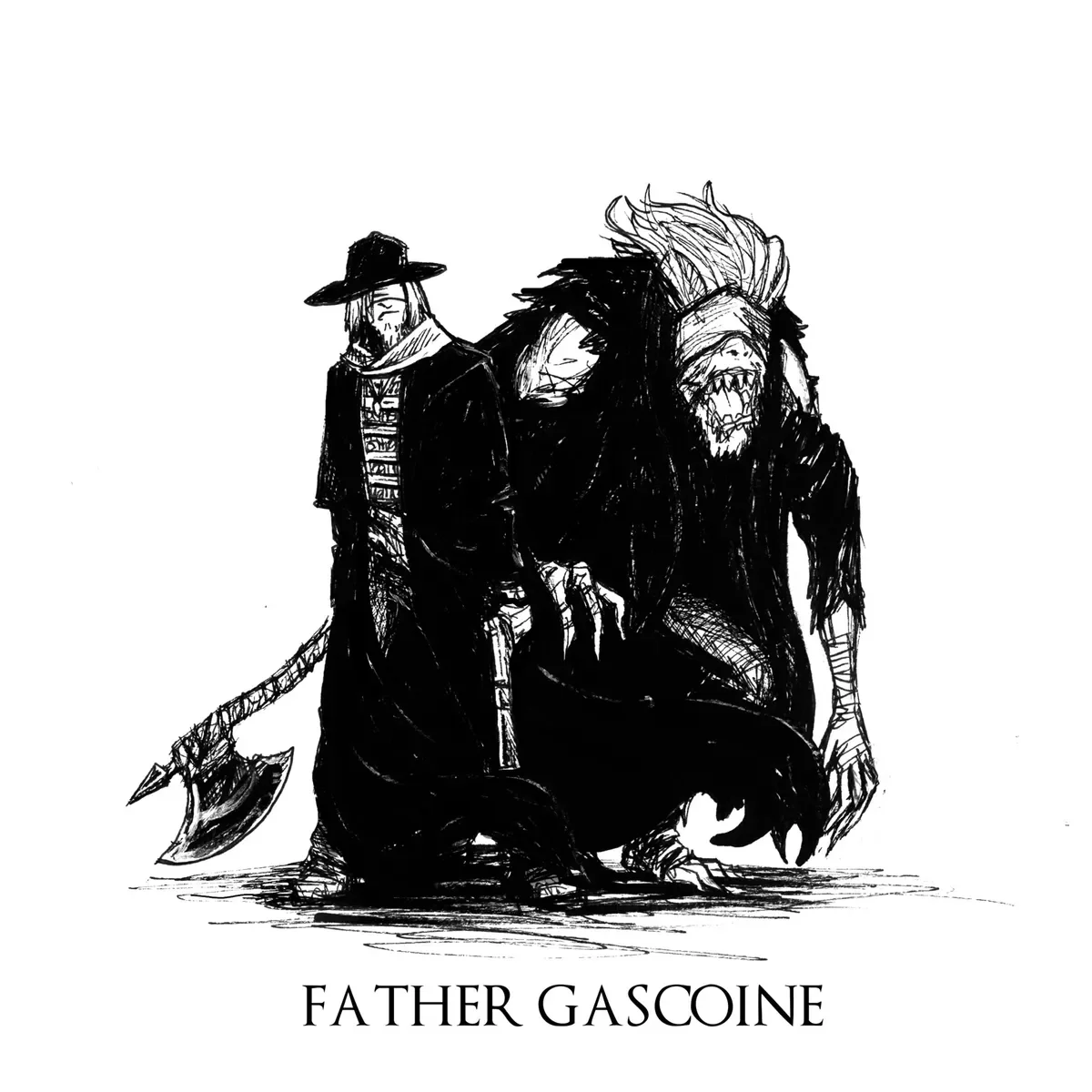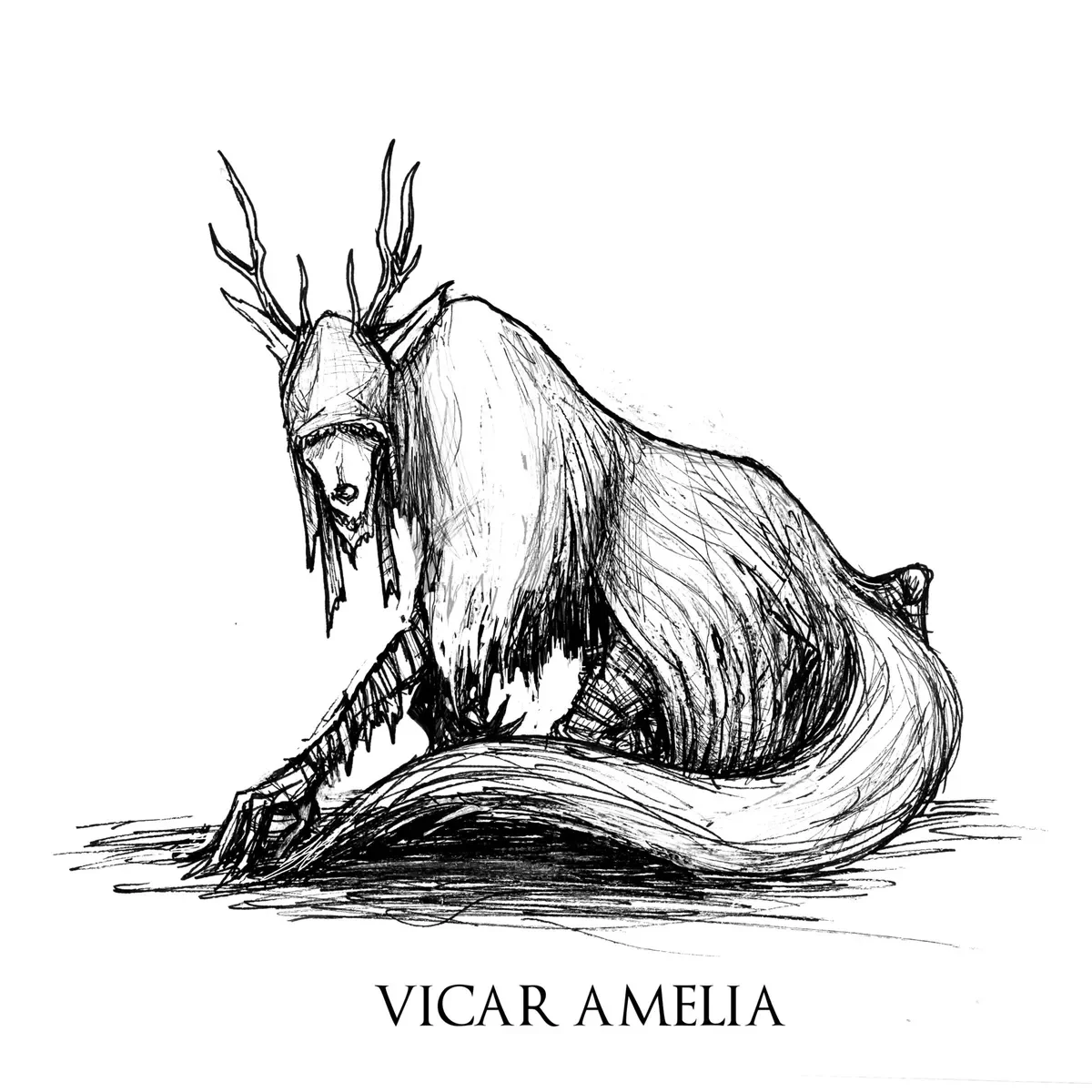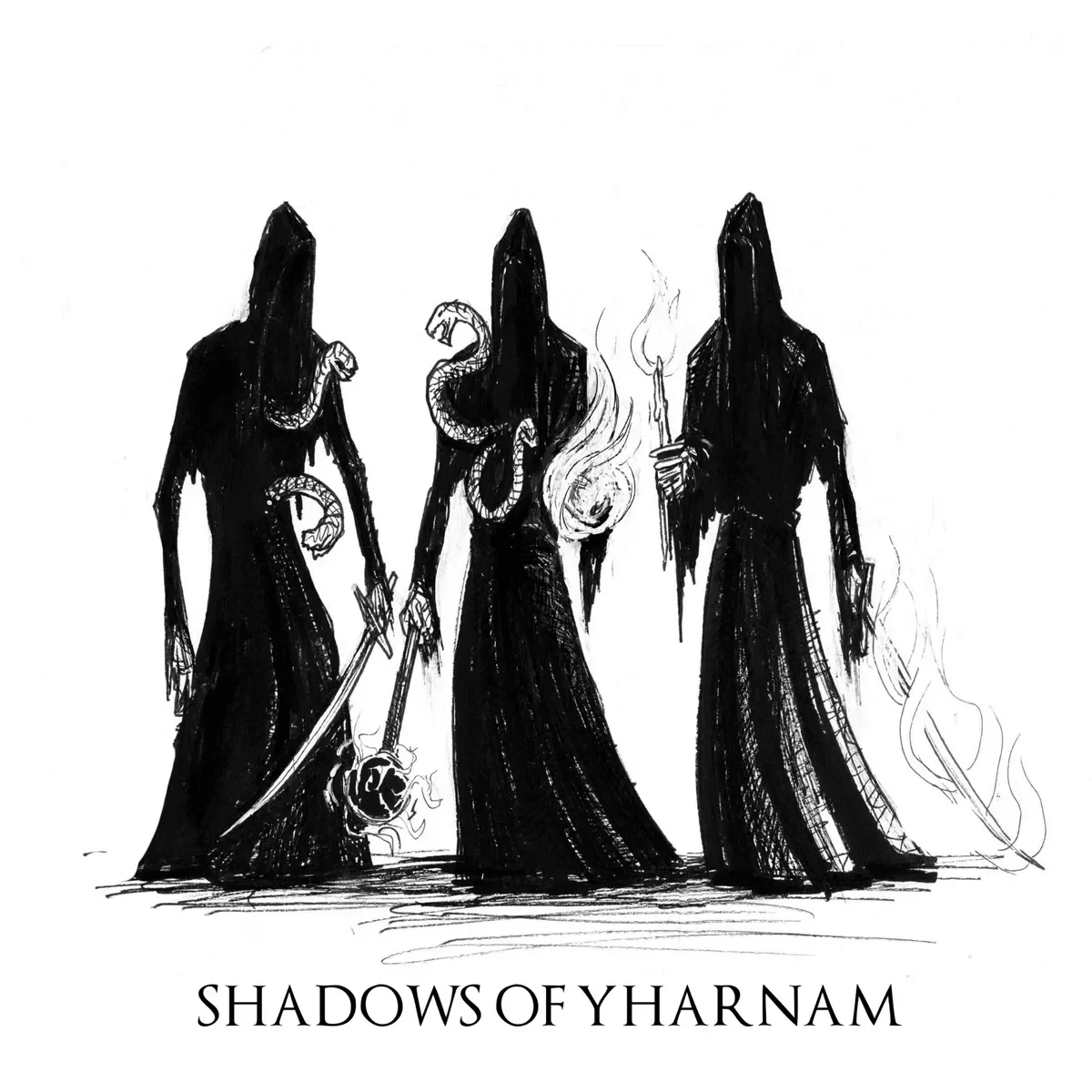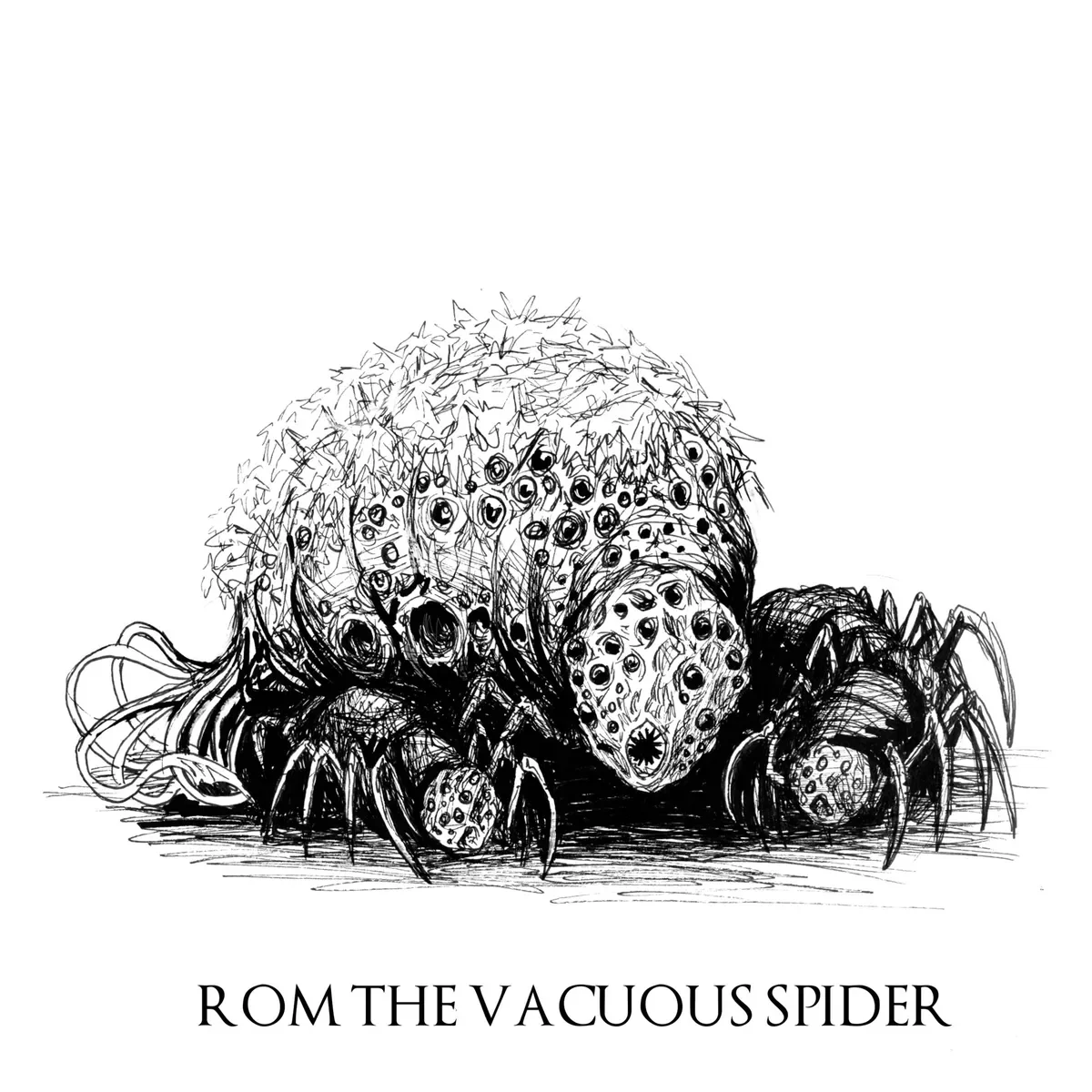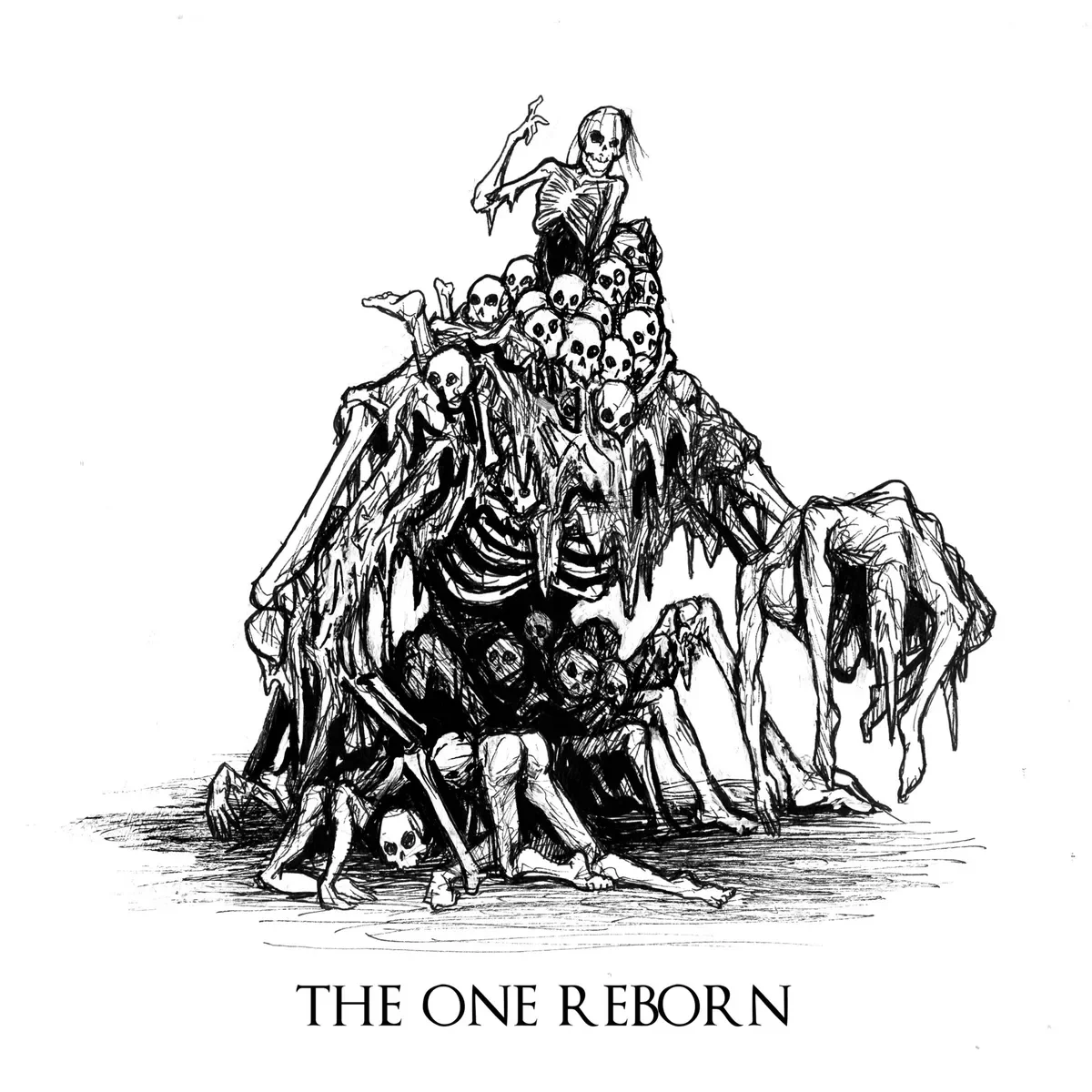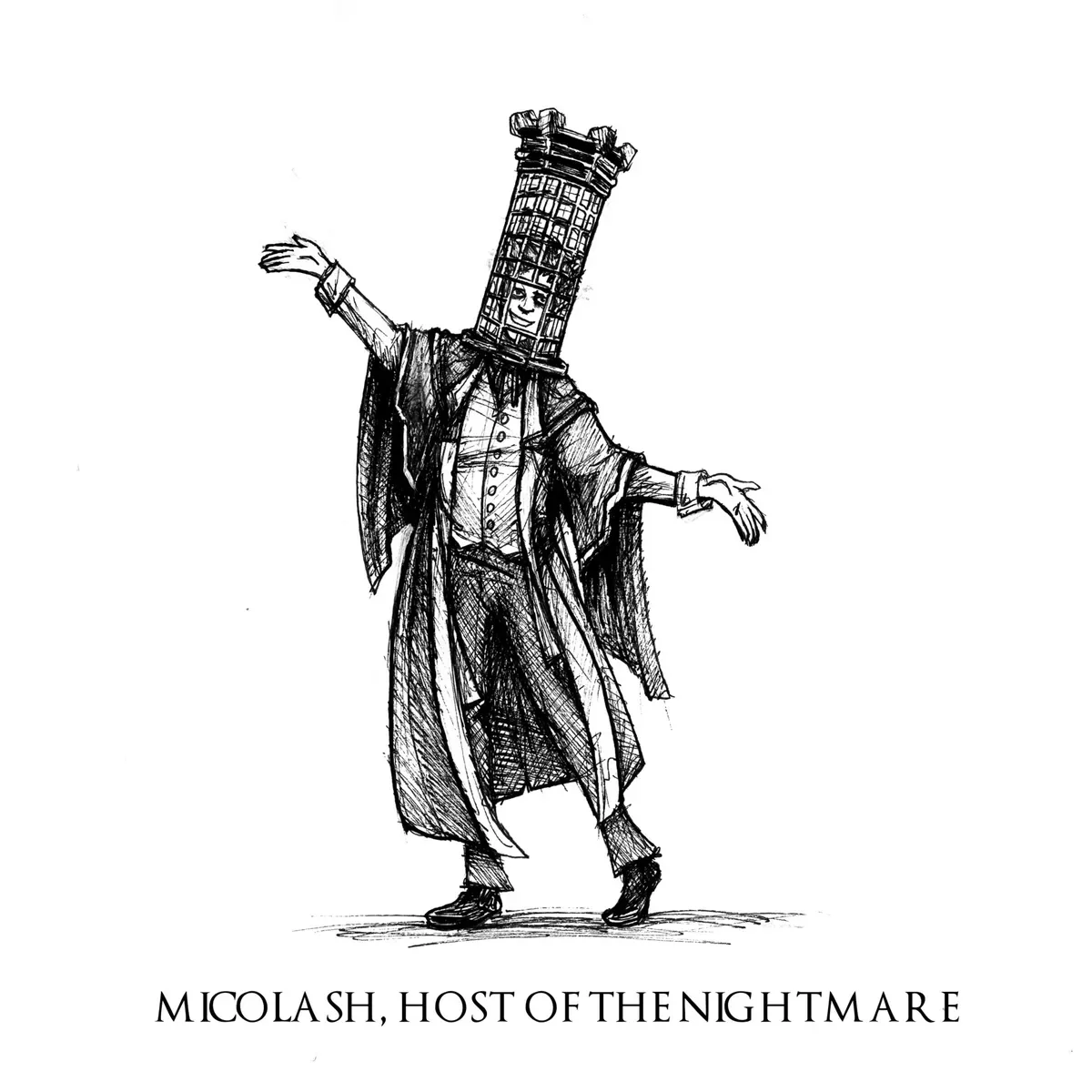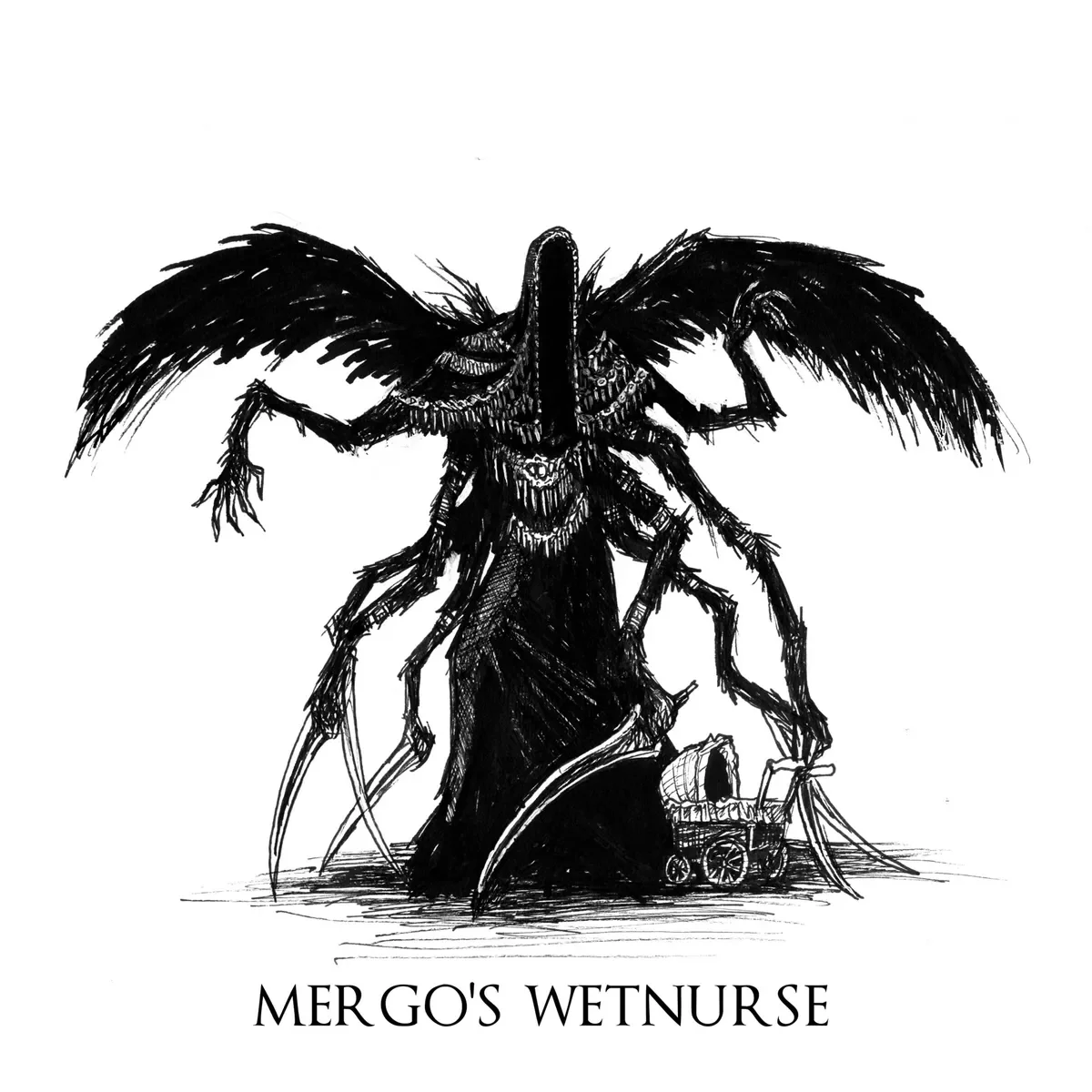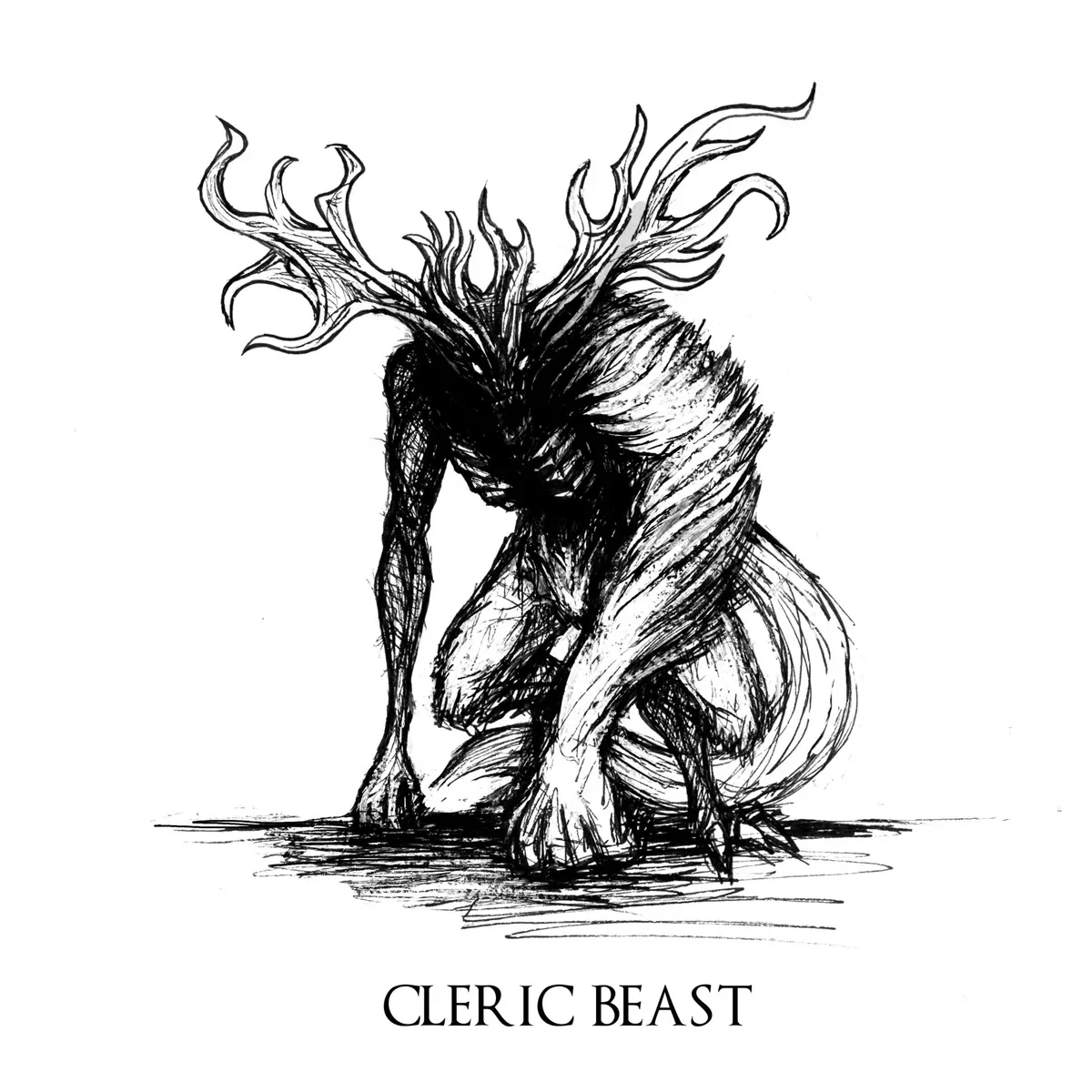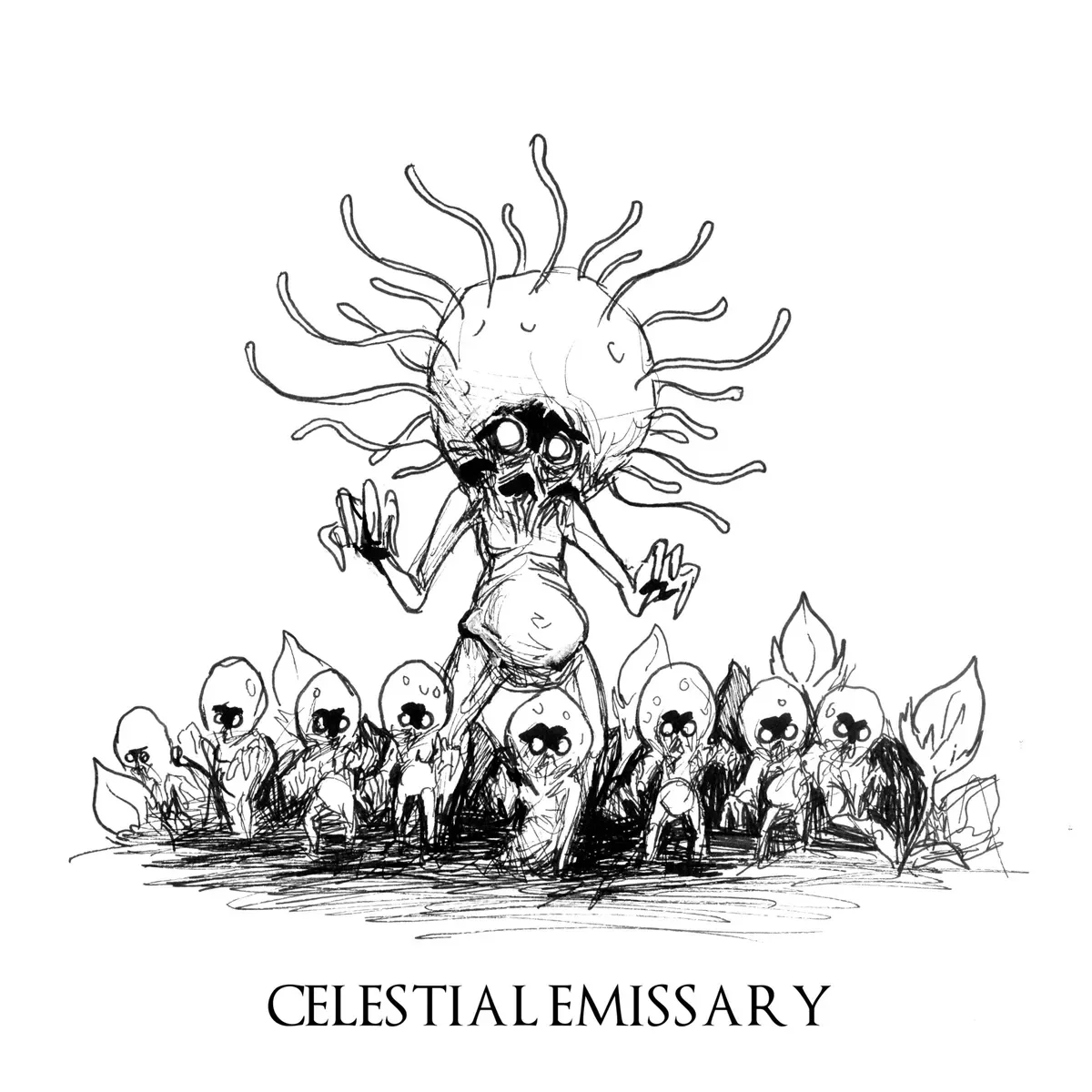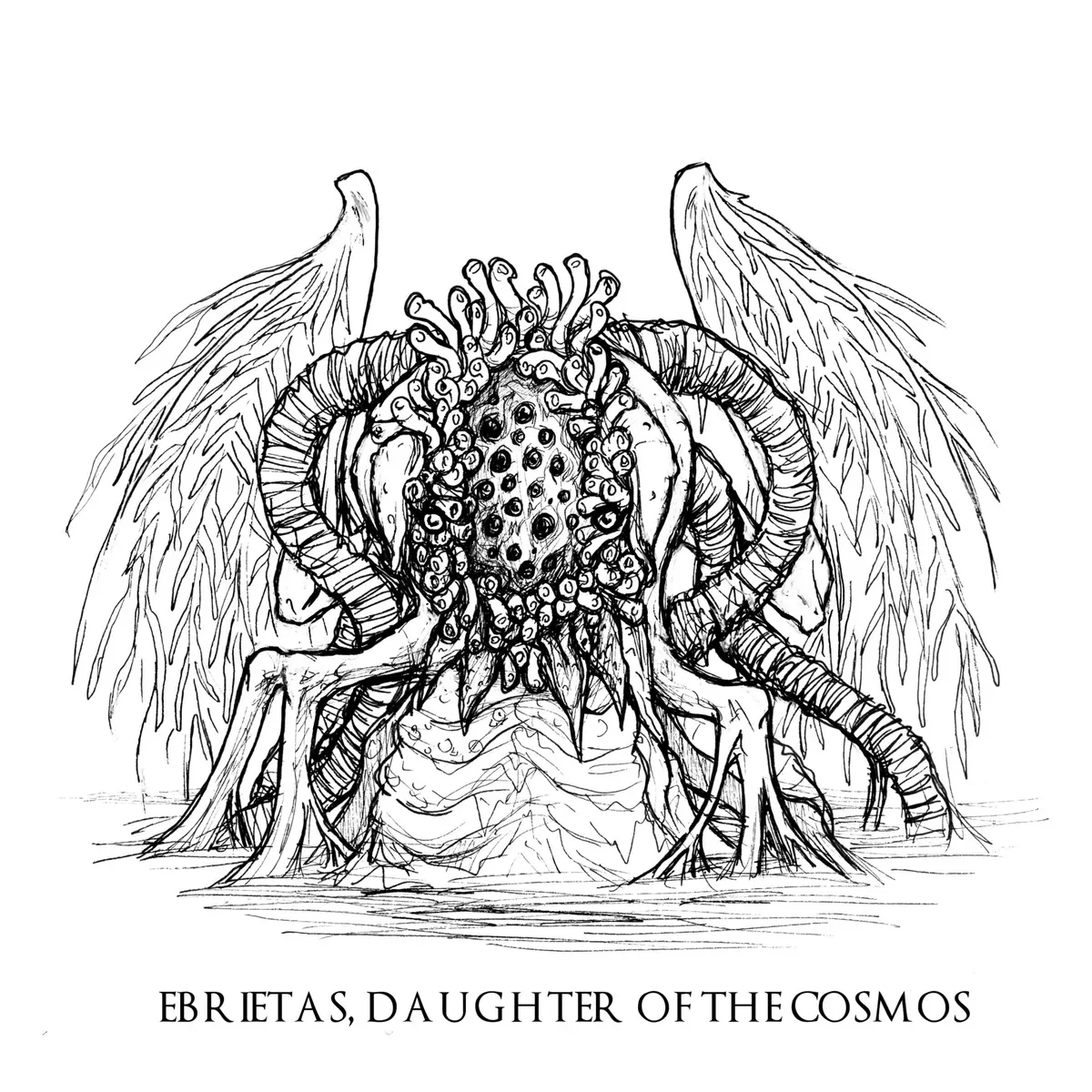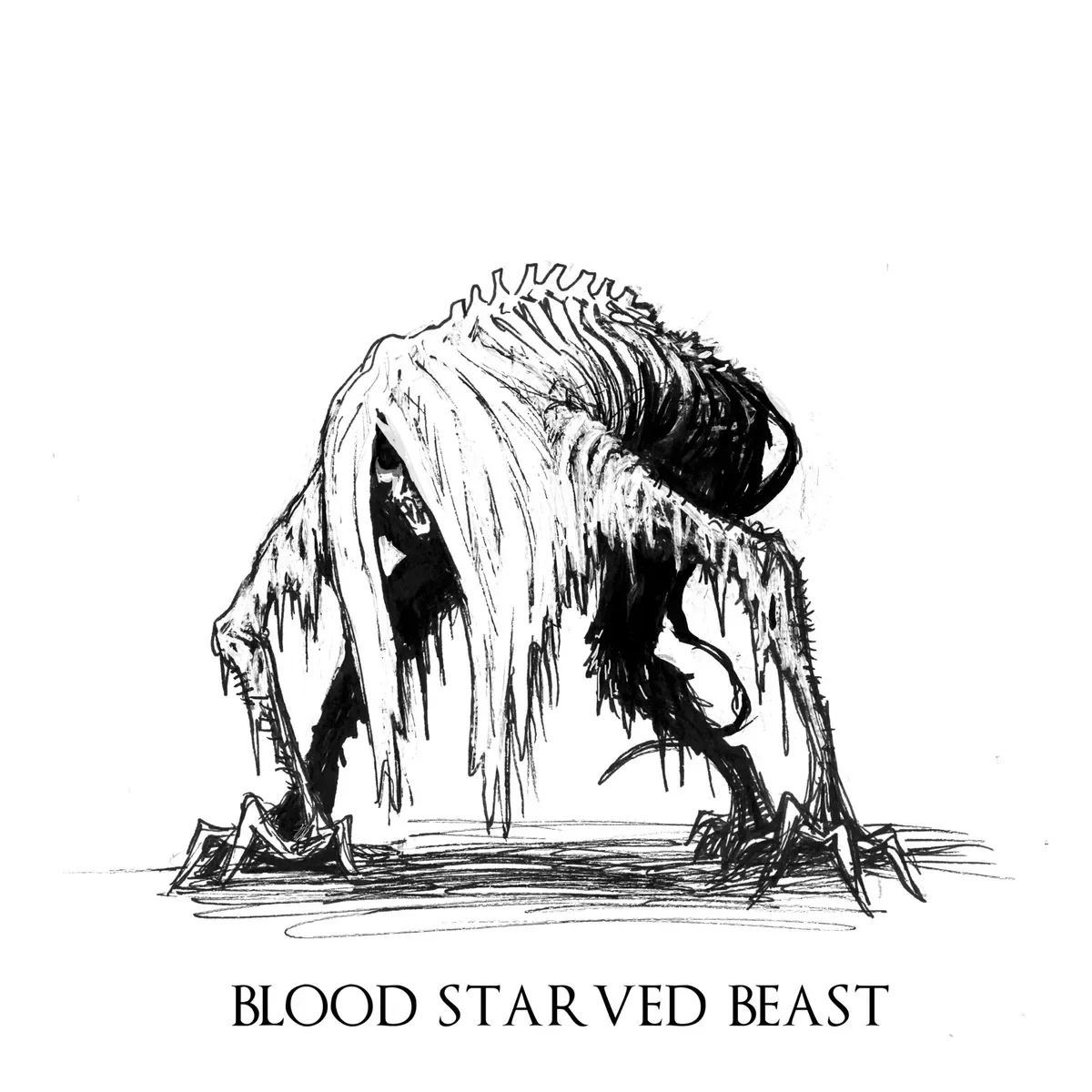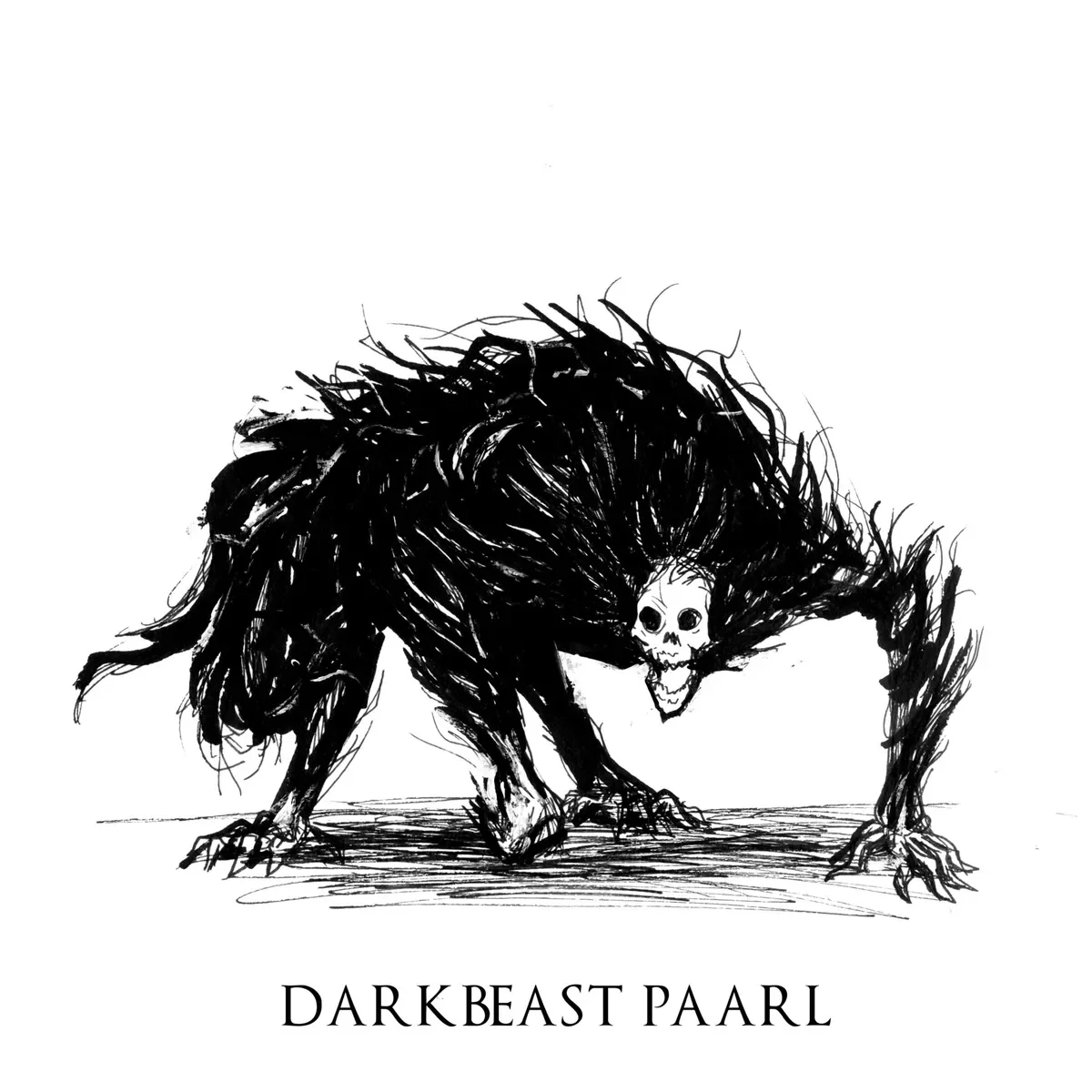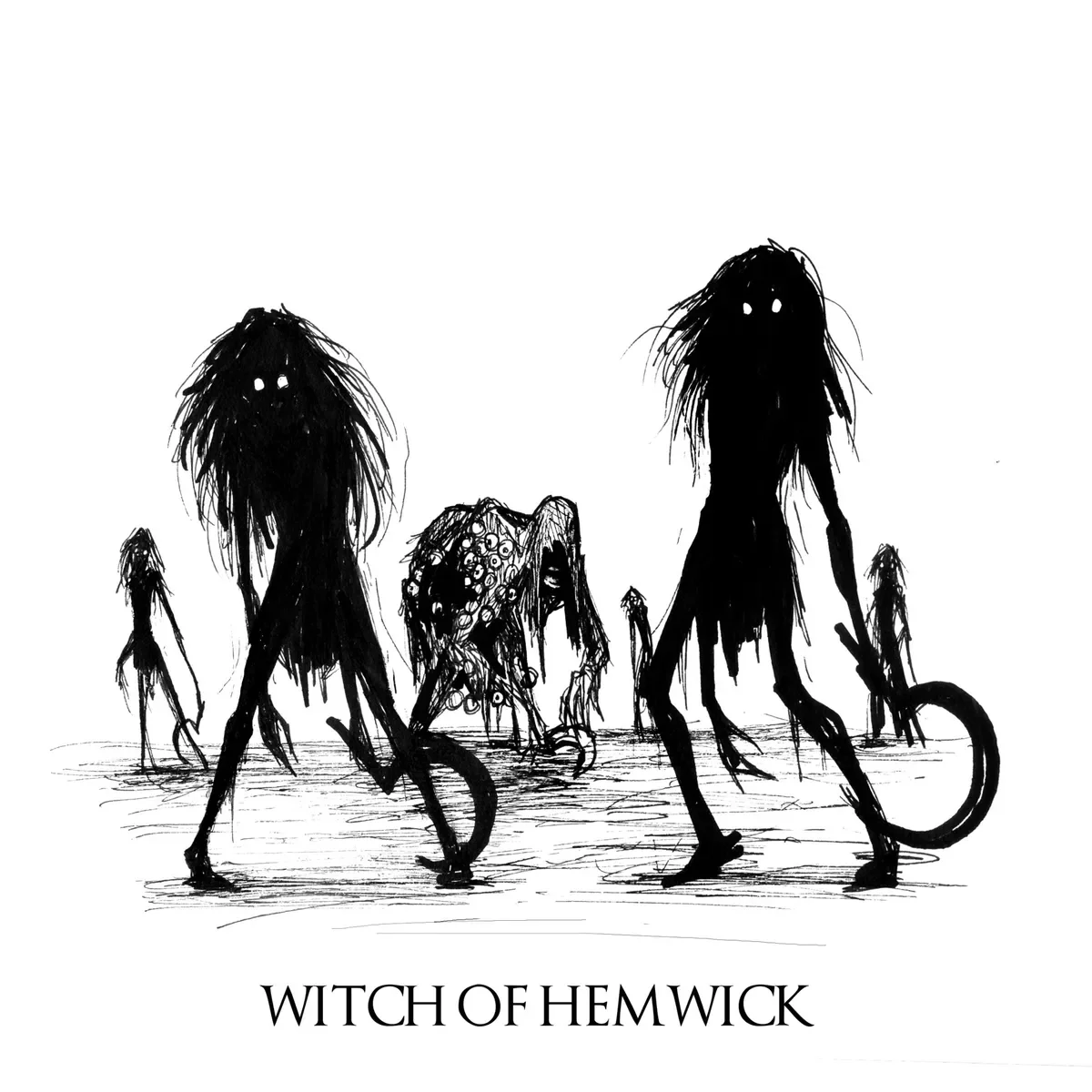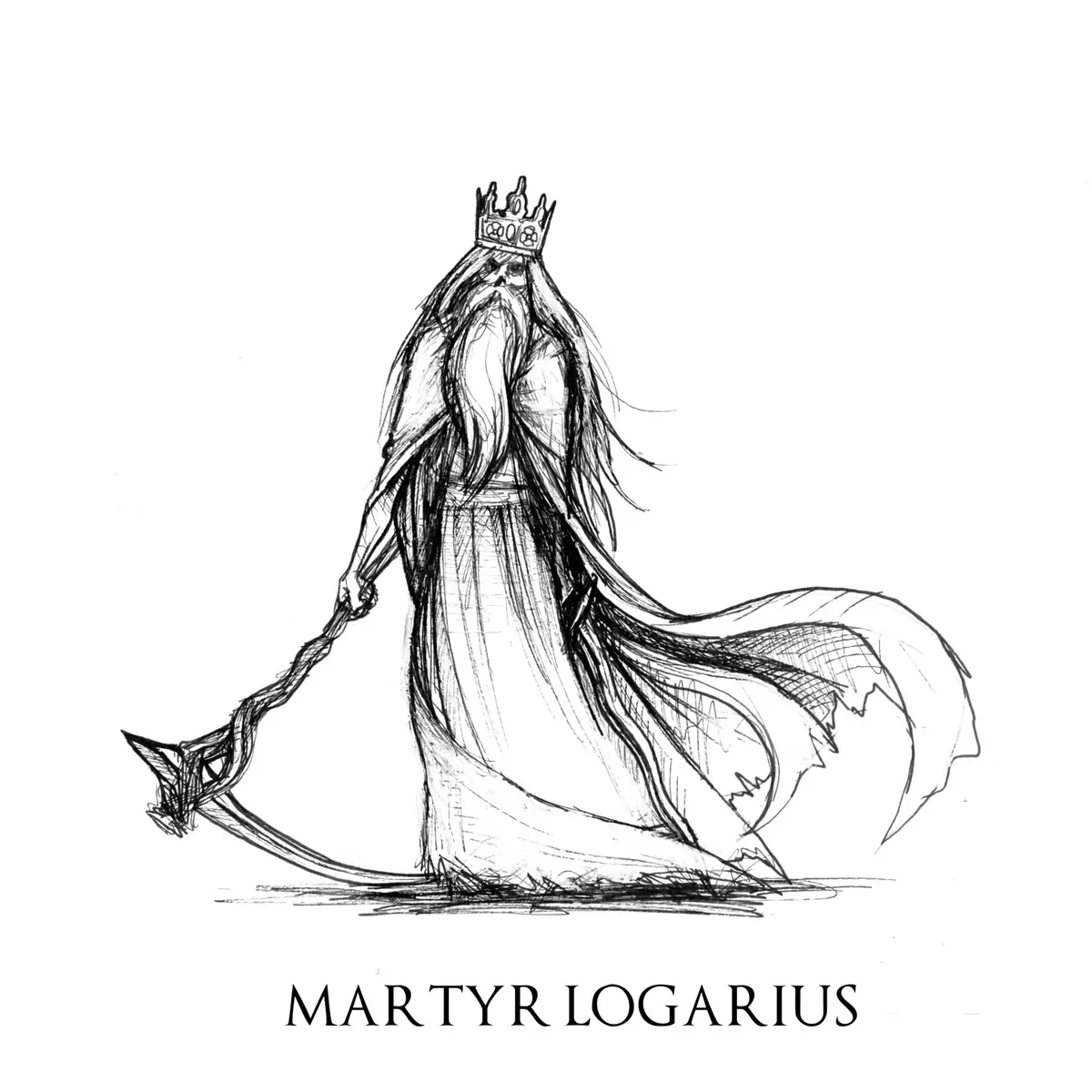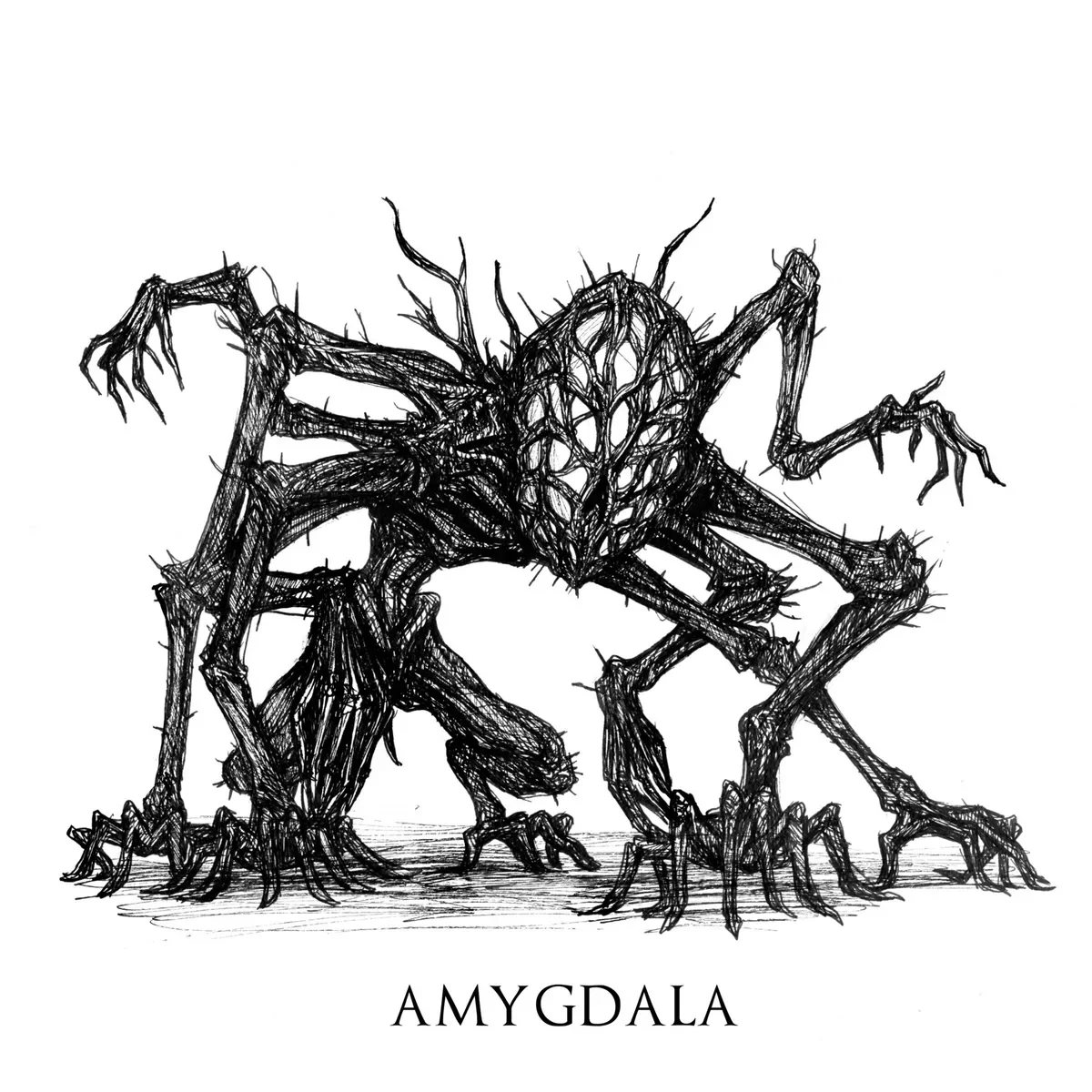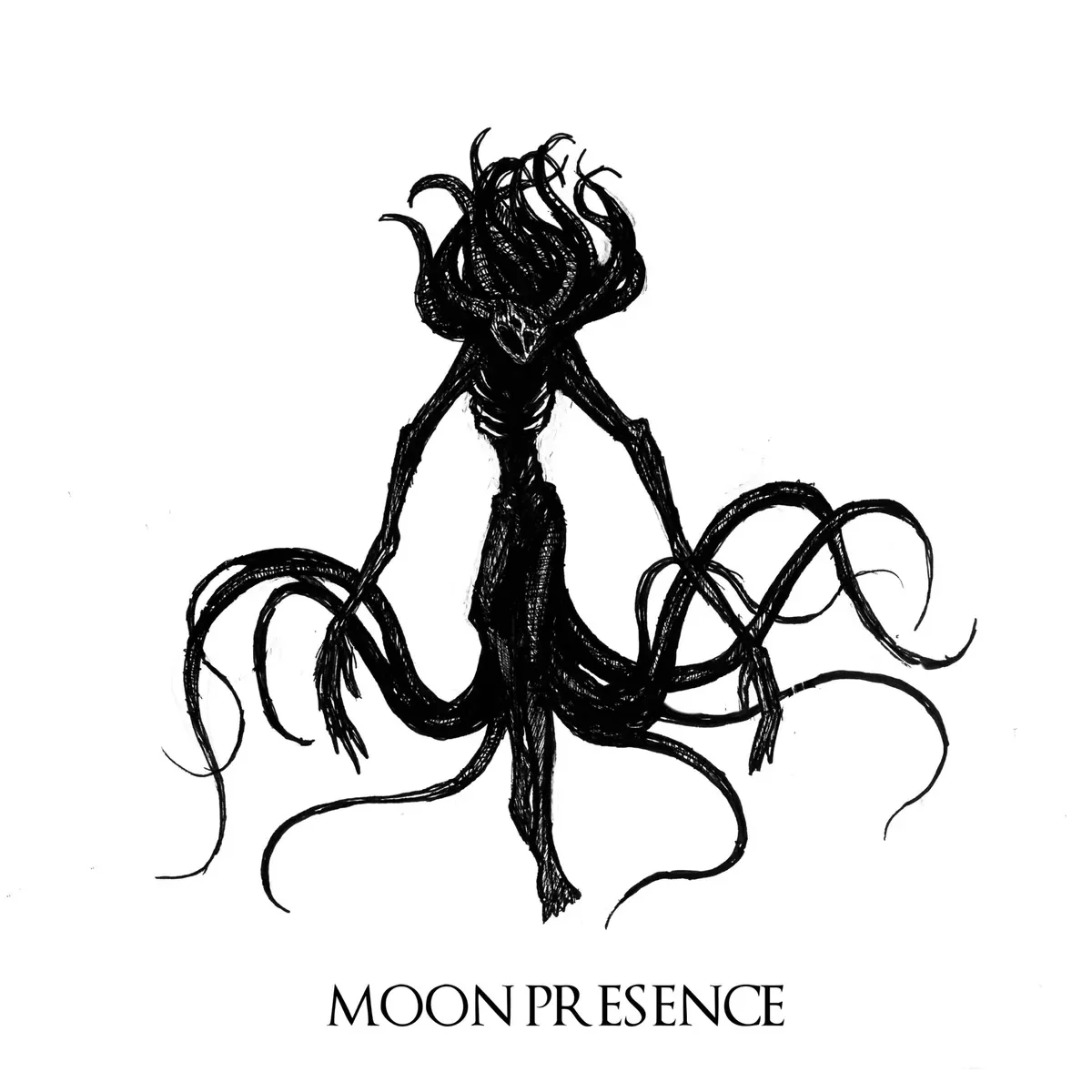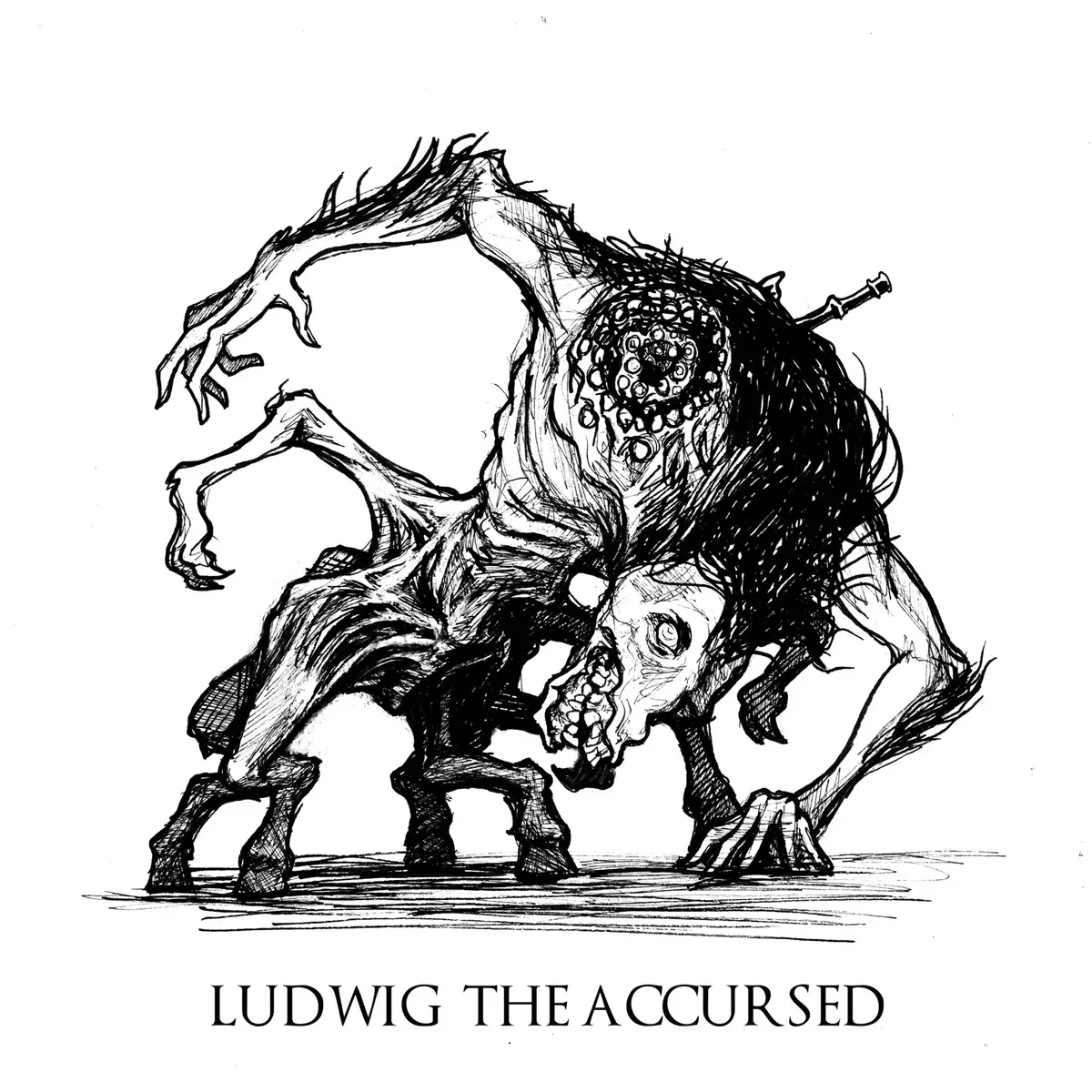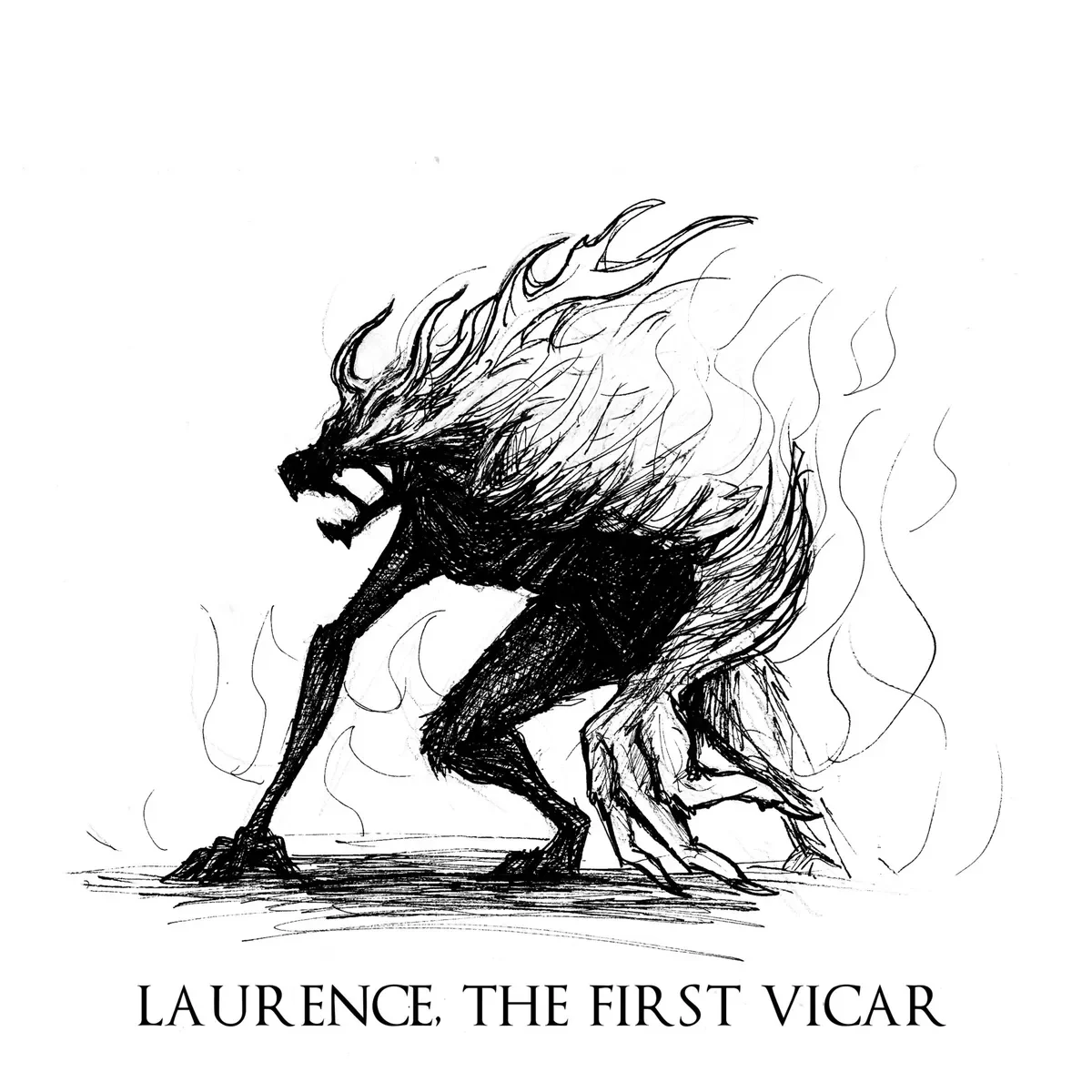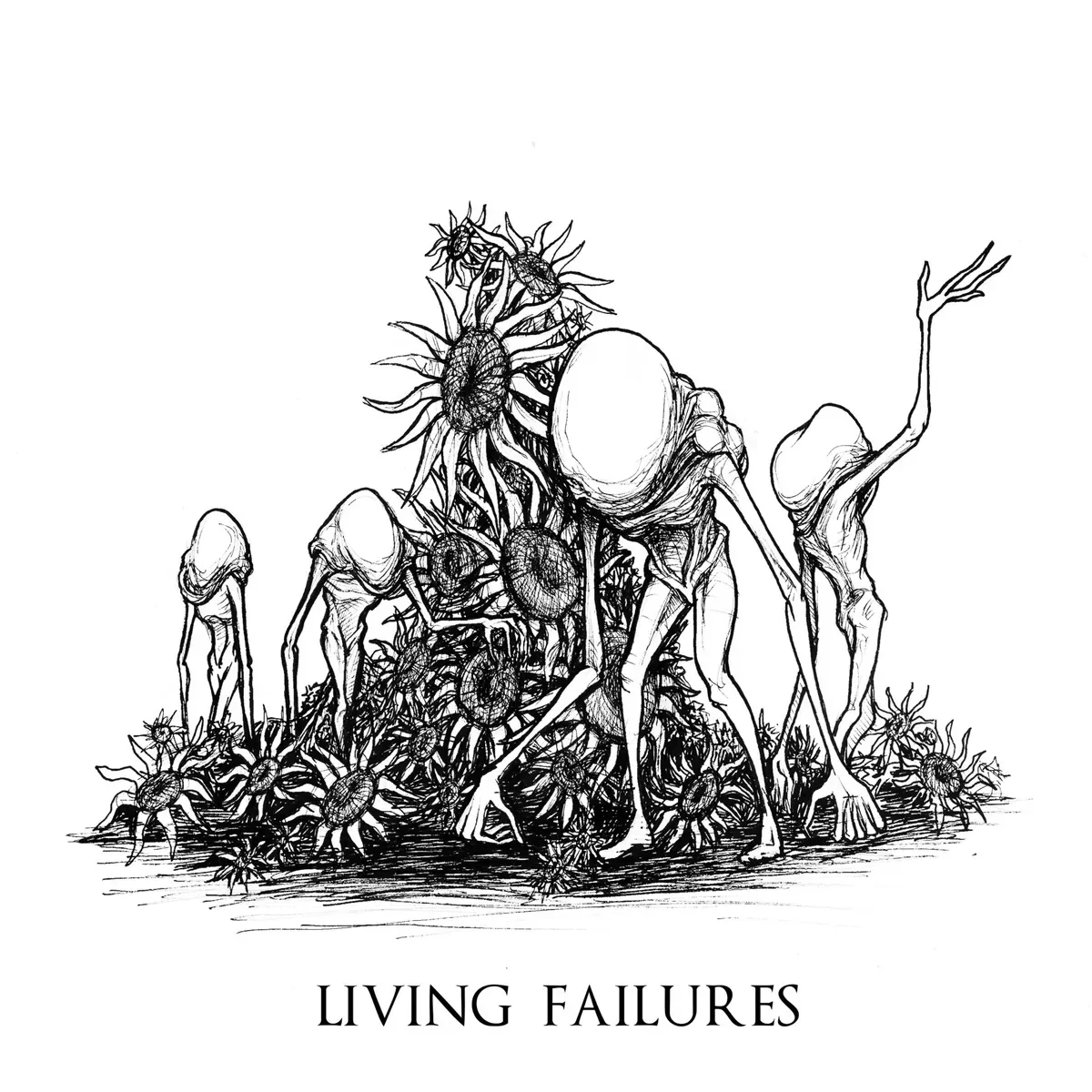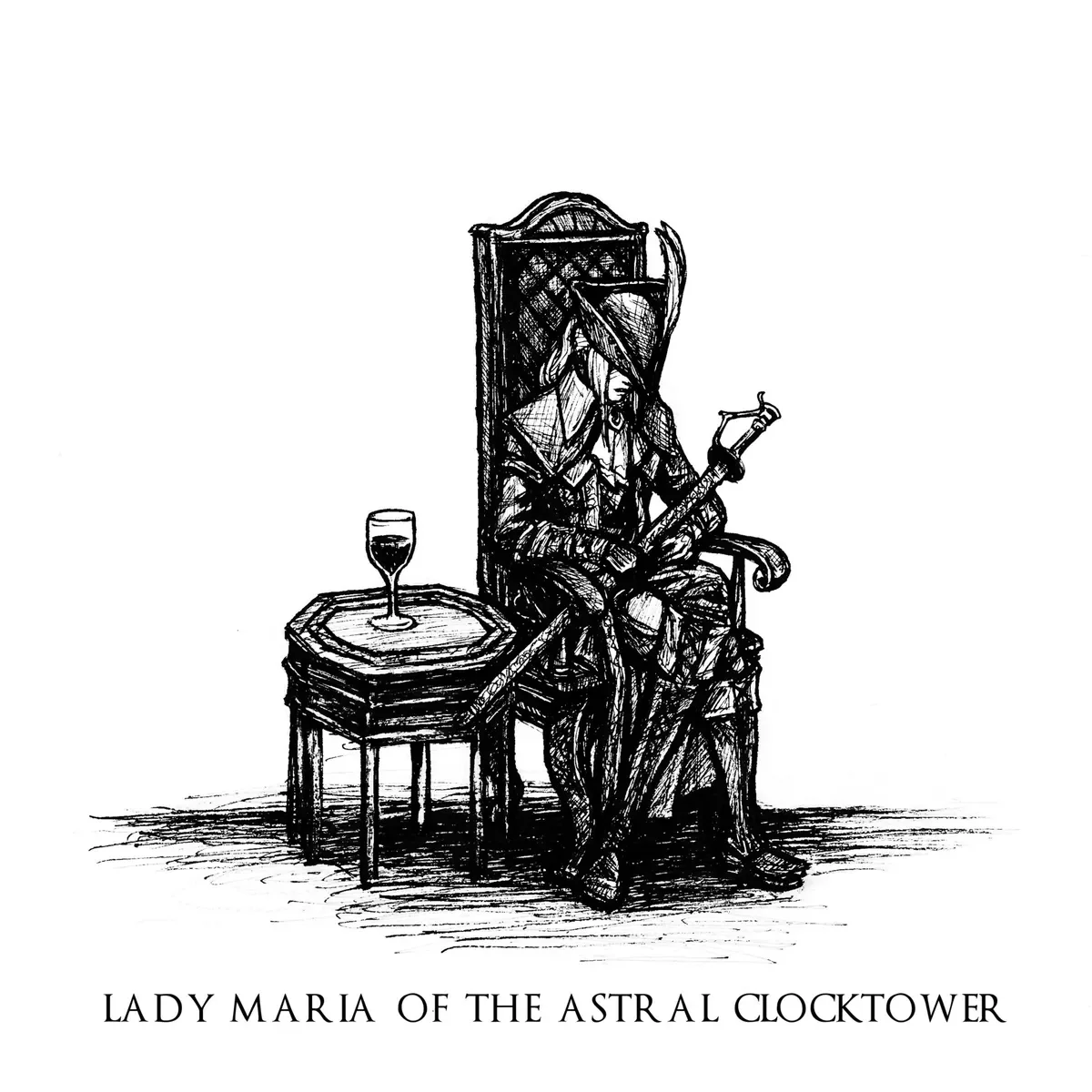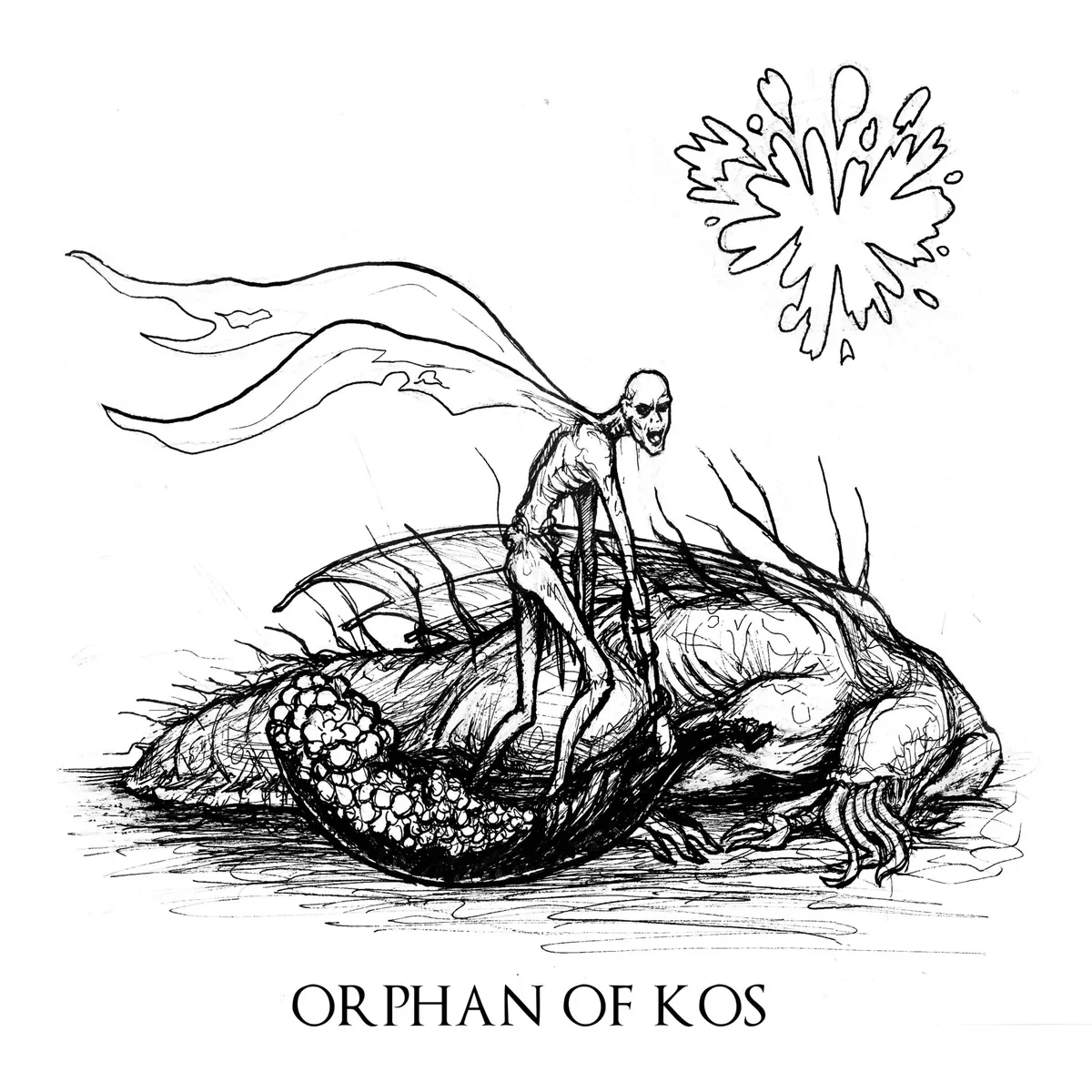Lost in Translation: Boss Names in Bloodborne
Video version:
Oh, I've waited so long for this. Hi! In this post we'll take a closer look at boss names from Bloodborne and I'll do my bestest to clear up some misinterpretations that might have happened. Standard disclaimers and other stuff:
Disclaimer #0 - common sense is everything. I do not speak The Soulsborne Truth in these posts, I just try to employ my linguistic knowledge and my love for these games to try and dig up some details that have not been carried over to the English version. I will also entertain some lore theories, but they are what they are - theories.
Disclaimer #1 — trust me, I'm a professional if this fact will somehow make this post more credible and trustworthy to you - I am a certified linguist. My major is English and Japanese as foreign languages, my minor is intercultural communication. Fun stuff!
Disclaimer #2 — I am not a professional translator, nor have I ever worked in localization. I will give some info on what the Japanese name of the boss means along with some options how it could be more accurately translated if it isn't. The post will also contain my personal opinion on whether or not the translation was on point. I fully realize that localization is tough and it involves deadlines, absence of context and other various difficulties.
Why do kanji (Japanese characters) have different readings?
This is a popular question in the comment section. In a nutshell, Japanese kanji usually have two types of readings: on-reding and kun-reading, there might be a number of them in each category. On-readings have carried over from Chinese since kanji were borrowed from there, and kun-readings are native to Japanese. When a kanji stands on its own and is used as a single word, it is read with its kun-reading. When a kanji is used as a part of a multi-kanji word, it is read with its on-reading. It is slightly more complicated, but in broad strokes I think it explains it.
Localization info
As far as I know, Bloodborne was localized into English by Frognation.
Legend
[:] — colon after a vowel means that it's a long sound;
['] — apostrophe after a vowel or before a vowel (or between two [n]) means that these are two different syllables, not a single long one.
The transcriptions I give do not follow all academic rules, and I don't think it's necessary. They are just here to represent the pronunciation.
Sources
For this post I used the Japanese wiki, the English wiki, Vaati Vidya's videos to refresh my knowledge on the lore, Bloodborne Official Artworks and a number of dictionaries.
A giant heartfelt thank you to an amazing artist Brent Skinner who gave me his permission to use his incredible artwork to make all Soulsborne posts in this blog a hundred times better. Thank you, Brent! Follow him everywhere - here is the ArtStation, and here is his Twitter.
We'll take a look at the original boss name, then analyze the localized version and see how close it is. I'll try to come up with a more accurate version if I can.
Let's go.
Main bosses
Father Gascoigne
Japanese - ガスコイン神父 [gasukoin shinpu] English - Father Gascoigne
The name is pretty simple but does contain some curious details:
ガスコイン [gasukoin] - "Gascoigne" originates from French "Gascony", a region that was under English reign in 1154-1453. Maybe this name was chosen to highlight the fact that Father is a foreigner.
神父 [shinpu] - priest, mostly Сatholic. According to the lore, Gascoigne was not a priest of the Healing Church, it doesn't even have this kind of rank. He came from faraway lands where he probably attained the title.
Vicar Amelia
Japanese - 教区長エミーリア [kyo:kucho: emi:ria] English - Vicar Amelia
The most challenging aspect of this post is the fact that the religious terms in Japanese are not easily paired with their English counterparts and the whole thing with the Church and the bishops sometimes turns into a mess.
教区長 [kyo:kucho:] - 教区 [kyo:ku] means "parish", a territory that has its own church. This word also can denote a diocese - a bigger district that can have several parishes. 長 [cho:] is often used in complex words to denote some kind of chief or administrator. Therefore, Amelia is a person in charge of the parish that is Yharnam, and the Healing Church.
English localization opted for "Vicar", which literally means "vice", these words are related. Vicar is one step below the chief, here meaning the bishop. Seems to fit because Amelia, in some sense, is a vice-bishop after Laurence, just as vicars before her but... you'd be surprised to see what Laurence's name is in Japanese. I don't think that "Vicar" is a good choice especially when you consider Laurence. "Head of the Church" or "Bishop Amelia" would've been much better, in my opinion.
エミーリア [emi:ria] - it's more "Emilia", really.
Shadow of Yharnam
Japanese - ヤーナムの影 [ya:namu no kage] English - Shadow of Yharnam
ヤーナム [ya:namu] - Yharnam, the name of the Pthumerian Queen and the city that was named after her. Here the name references the Queen and not the city.
の [no] - possessive particle.
影 [kage] - shadow.
Rom, The Vacuous Spider
Japanese - 白痴の蜘蛛ロマ [hakuchi no kumo roma] English - Rom, The Vacuous Spider
白痴 [hakuchi] - a curious word that contains the kanji 痴 [chi] - stupid, foolish. The word as a whole denotes idiocy, mental retardation and generally points at some king of cognitive impairment. English localization chose "Vacuous" when the more accurate word would be "idiotic". "Vacuous" does have the meaning of "to demonstrate the lack of intelligence" though, so I guess it fits in this sense.
の [no] - makes an attribute out of the previous noun.
蜘蛛 [kumo] - spider. Consists of 蜘 - spider and 蛛 - spider. My love for Japanese is boundless.
ロマ [roma] - Rom.
At the center of this name is some kind of idiocy, retardation, possibly because Rom was previously a human who became Kin. I feel like Idiotic/Half-Witted Spider could be a good choice. Anyway, I feel like the localizations of this name could go only downhill from English. In Russian we have something like "Lazy Spider", which is totally not true.
The One Reborn
Japanese - 再誕者 [saitansha] English - The One Reborn
再誕 [saitan] - it's simple, really: the first kanji means "twice" and the second - "be born". Just in case I checked a JP-JP dictionary and it says "the being, having died, is born again in another form".
者 [sha] - we are familiar with this one, it points at the agent performing the action.
"The One Reborn" is a literal translation. Pthumerians wanted to be born as Great Ones and well, here it is. Looks yuck, to be honest.
Micolash, Host of the Nightmare
Japanese - 悪夢の主、ミコラーシュ [akumu no aruji mikora:shu] English - Micolash, Host of the Nightmare
No mysteries.
悪夢 [akumu] - nightmare, a bad dream. Also a popular name for a difficulty in videogames. Not to be confused with 悪魔 [akuma] - demon, literally "evil spirit".
主 [aruji] - leader, master, head (of something, like of a household).
ミコラーシュ [mikora:shu] - Micolash.
"Host of the Nightmare" is great, I love it. "Master of the Nightmare" would also fit here quite well. Initially I misread his name and thought it was 王 [o:], not 主 [aruji], and unfortunately it got carried over into the video. Oops! Sorry :D
Mergo's Wet Nurse
Japanese - メルゴーの乳母 [merugo: no uba] English - Mergo's Wet Nurse
メルゴー [merugo:] - Mergo.
の [no] - possessive particle.
乳母 [uba] - literally "milk mother", wet nurse.
Optional bosses
Cleric Beast
Japanese - 聖職者の獣 [seishokusha no kemono] English - Cleric Beast
聖職者 [seishokusha] - clergyman. "Cleric" fits well: before becoming monsters, these people served the Church.
獣 [kemono] - beast, a kanji used very frequently in Bloodborne.
Celestial Emissary
Japanese - 星界からの使者 [seikai kara no shisha] English - Celestial Emissary
I don't know about you but I was always confused by the stars and Cosmos in Bloodborne. Celestial Emissaries, Daughter of Cosmos, then Kos (or, as some say, Kosm): it's kind of a mess, and even more so in Russian localization because for us "Kos" and "Cosmos" start with the same letter. So, let's try and decipher all of this cosmic stuff:
星界 [seikai] - literally "star world", != cosmos. Micolash in his dialogue drops a legit Japanese word for cosmos - 宇宙 [uchu:] and it makes me think that in Bloodborne "cosmos" != "star world". It's possible though that both these places are planes of existence of the Great Ones. Anyway, here we have this special word to denote a place. "Celestial" is a good choice: it points at the otherworldly nature of the place and its holiness and does not mix it up with cosmos, which it extra good.
からの [kara no] - "from the star world".
使者 [shisha] - messenger, envoy, emissary.
Just keep in mind the word 星界 [seikai] - star world, we'll need it later.
Ebrietas, Daughter of the Cosmos
Japanese - 星の娘エーブリエタース [hoshi no musume e:burieta:su] English - Ebrietas, Daughter of the Cosmos
Here comes the Cosmos.
星 [hoshi] - star. Can also denote a planet or any heavenly body but usually it's just "star". Remember 星界 [seikai] - "star world" from the previous boss name? The connection between Ebrietas and Emissaries becomes apparent. She is "Daughter of the Star(s)", not "Cosmos".
の [no] - possessive particle, "of the star".
娘 [musume] - daughter. This word also denotes unmarried women and girls.
エーブリエタース [e:burieta:su] - fun fact time! Ebrietas is a genius of skippers in the family Hesperiidae, moth/butterfly creature. The boss itself is connected to the Lumenflower Gardens where the Church experiments reside together with Celestial Emissary. When you find the Milkweed rune, you can turn your head into a Lumenflower. Milkweed is a real-life plant that is eaten by a great number of butterfly larvae including (!) Ebrietas butterflies. It would've been an awesome theory but Milkweed in Japanese is called 苗床 [naedoko] - seedbed or nursery, the same word from the Bed of Chaos in DS1. It doesn't add up very smoothly but it's curious nonetheless.
Don't forget that Ebrietas is a Latin word so chances are, there is a modern English word with the same root, and here it is - inebriety. Since "inebriety" denotes intoxication, we can assume that Ebrietas might be a source of blood for the Church and was named "Ebrietas" because her blood was intoxicating to those who drank it, like any Great One's blood. It's all theories, I know, and the wild guesses are wild. I'm personally having a lot of fun :D
Incredible. I do this research for one reason only: in a heap of simple translations like "Wet Nurse" I always hope to find something like "Ebrietas". Ah, warms my heart.
Blood-starved Beast
Japanese - 血に渇いた獣 [chi ni kawaita kemono] English - Blood-starved Beast
血に渇いた [chi ni kawaita] - it's actually "bloodless", devoid of blood. 渇く [kawa.ku] means "to dry up, to parch" or "to be thirsty". 血 [chi] - blood. You can say "dried up without blood" - bloodless. As far as I know, these beasts were flayed, their blood collected until they had no more of it, then they started spewing poison. Blood-starved is fine, although it might give an incorrect idea of "longing for blood because of starvation", that's what we have in Russian localization.
獣 [kemono] - beast.
Darkbeast Paarl
Japanese - 黒獣パール [kokuju: pa:ru] English - Darkbeast Paarl
黒獣 [kokuju:] - literally "black beast", Darkbeast is also good.
パール [pa:ru] - Paar, /l/ was probably added so you'd have easier time pronouncing it.
The Witch of Hemwick
Japanese - ヘムウィックの魔女 [hemuwikku no majo] English - The Witch of Hemwick
Nothing too special.
ヘムウィック [hemuwikku] - Hemwick.
の [no] - possessive particle.
魔女 [majo] - witch, femininity emphasized. in Dark Souls all witches were denoted by this word.
Martyr Logarius
Japanese - 殉教者ローゲリウス [junkyo:sha ro:geriusu] English - Martyr Logarius
Thought Logarius would surprise me but he's no Ebrietas for sure.
殉教者 [junkyo:sha] - martyr. Can't go wrong with this one, this word has literally one meaning.
ローゲリウス [ro:geriusu] - Logarius.
Amygdala
Japanese - アメンドーズ [amendo:zu] English - Amygdala
So, amygdala is a real word, it denotes one of the two almond-shaped nuclei located withing the brain. It takes part in emotional responses, decision- making, memory processes and is a part of the limbic system. The boss is supposed to be named after that. Another theory suggests that it is named after Horsfieldia amygdalina, a type of nutmeg tree, the nuts' skin bearing a really creepy resemblance to how the boss looks in the game. Nutmeg is toxic when consumed in excessive amounts and can have psychoactive effects, including hallucinations, paranoia, nausea and such.
It's also important to roll back to the origin of the word: its Greek predecessor ἀμυγδαλή [amygdalē] means "almond".
And now to the fun part! The Japanese word アメンドーズ [amendo:zu] is not "Amygdala". "Amygdala" meaning the nuclei within the brain is 扁桃体 [hento:tei], the same word is used in the original for the Tonsil Stone 扁桃石 [hento:seki]. What's "amendozu"? Turns out, that's how you write amêndoa in katakana. Amêndoa is Portugese for "almond".
It all fits in really nicely in the end, albeit quite convoluted, and I think both brain nuclei and toxic nutmeg have their place in the lore of Amygdala. Love this stuff. If you're unsure why Japanese would take Portugese words, it's a historical matter, actually. Portugese sailors visited Japan as early as in the XVI century, and Japanese vocabulary adopted many Portugese words, mainly denoting products they brought in for sale and some of their customs.
Gehrman, the First Hunter
Japanese - 最初の狩人ゲールマン [saisho no karyu:do ge:ruman] English - Gehrman, the First Hunter
最初 [saisho] - the first, the original.
の [no] - makes an attribute out of the previous word.
狩人 [karyu:do] - hunter.
ゲールマン [ge:ruman] - Gehrman, nothing special.
Moon Presence
Japanese - 月の魔物 [tsuki no mamono] English - Moon Presence
Welp, it's complicated.
月 [tsuki] - the moon. My favourite kanji, btw.
の [no] - possessive particle, "of the moon".
魔物 [mamono] - surprisingly enough, it's a simple word you can find in any dictionary, it means "demon, evil spirit". One of the dictionaries I use says "apparition", I imagine this meaning might have been the one chosen by the localization. We know the first kanji 魔 [ma] because of the word 魔女 [majo] - witch. It points at something evil, demonic or at someone who practices these things. The second kanji - 物 [mono] - has the broadest pool of meanings and generally denotes "thing". Well, I think the best translation would be "Evil Moon Thing" but the localization had to make it all fancy... Just kidding, I really like the "Presence" word here, it conveys the eldritchness of the boss.
Old Hunters DLC
Ludwig the Accursed
Japanese - 醜い獣、ルドウイーク [minikui kemono rudoui:gu] English - Ludwig the Accursed
醜い [miniku.i] - ugly, unattractive or even unclean, generally bad looking. Not sure "accursed" was the right choice.
獣 [kemono] - beast, we've seen that one. The English localization skipped this word and, consiquently, other localizations derived from it don't know it existed.
ルドウイーク [rudoui:gu] - Ludwig.
Ugly Lugwig Unholy Beast Ludwig probably would've been better. "The Accursed" feels too generic for the Soulsborne franchise. Every third character here is accursed, and sometimes you even play as one.
Laurence, the First Vicar
Japanese - 初代教区長ローレンス [shodai kyo:kucho: ro:rensu] English - Laurence, the First Vicar
Back to the Vicars again.
初代 [shodai] - the founder or a reprsentative of the first generation. Welp, Laurence founded the Healing Church so no surprises here.
教区長 [kyo:kucho:] - as we already know, this word denotes a person in charge of the parish or the church.
Amelia is a vicar, Laurence is a vicar, but to whom are they vicars? Who is their bishop? Could've worked with Amelia, like she is the second in charge after Laurence but Laurence is named with the exact same word. We can assume that they have a completely different hierarchy of priests from the one that we have but then again "vicar" would not be a great analogy. "Bishops" would be better because those are kind of standalone and do not have binding relations with other ranks. Honestly, I think that the better names would be Amelia, Head of the Church and Laurence, Founder of the Church. Sounds cool, close to the original, very lore, much wow. The word "vicar" makes it more difficult than it needs to be.
ローレンス [ro:rensu] - Laurence, nothing to see here.
Living Failures
Japanese - 失敗作たち [shippaisakutachi] English - Living Failures
失敗作 [shippaisaku] - failed creative work.
たち [tachi] - points at the plurality of the noun.
The more accurate translation would be "Failures". Maybe the word "Living" was added so that the name would sound better?..
Lady Maria of the Astral Clocktower
Japanese - 時計塔のマリア [tokeito: no maria] English - Lady Maria of the Astral Clocktower
Astral Clocktower, wow!
時計塔 [tokeito:] - clocktower. Zero astrality.
の [no] - possessive particle, "of the clocktower".
マリア [maria] - Maria.
"Maria of the Clocktower". I've nothing against adding "Lady", the Victorian vibes and everything, but where did "Astral" come from?..
Orphan of Kos
Japanese - ゴースの遺子 [go:su no ishi] English - Orphan of Kos
ゴース [go:su] - Gos. This is what made the whole "Kos-Kosm-Cosmos" thing so confusing to me! Even when Micolash speaks of her, he says, 「ああ、ゴース、あるいはゴスム = "Aah, Gos, or Gosm". I don't know why the letter was changed. If she was "Kos", then the original would state コース. Kos-Kosm-Cosmos is really confusing as it is and in Russian it becomes just a mess, I've no clue what happened here.
の [no] - possessive particle.
遺子 [ishi] - orphan, made of 遺す [noko.su] - to leave, and 子 [ko] - child.
Orphan of Gos.
And now to the bonus section!
Bonus
I asked people to think what they'd like me to address in this section, so big thanks to everyone who reached out to me via socials or Twitch. I appreciate it.
Insight
Japanese - 啓蒙 [keimo:] English - Insight
I was really interested in this word and then pleasantly surprised by the accuracy of the translation. The first kanji 啓く [hira.ku] - to enlighten, and the second one - 蒙 [mo:] - ignorance or concealing. "Insight" is a great choice, "enlightenment" would've been too heavy and way too long.
Vilebloods
Japanese - 血族 [ketsuzoku] English - Vilebloods
I was reading the artbook to see if I can find something of note when I stumbled upon the Cainhurst and Annalise section. Vilebloods in Japanese are named 血族 [ketsuzoku], literally "blood relative", Annalise is 血の女王 [chi no joo:] - Blood Queen. There is nothing "vile" in their real name, this offensive nickname was given to them by the Executioners. They should be called something like "The Blood Kin of Cainhurst".
Great Ones
Japanese -上位者 [jo:isha] English - Great Ones
上位者 [jo:isha] - a curious word consisting of 上位 [jo:i] - superior (in rank), and 者 [sha] - person. Ones-who-are-higher-than-humans. "Great Ones" is a good choice.
Garden of Eyes
Japanese - 瞳の苗床 [hitomi no naedoko] English - Garden of Eyes
The words used in Dark Souls do trigger me a great deal when I come across them in Bloodborne. Here it's all very straightforward though:
瞳 [hitomi] - eye, more specifically - pupil. The same kanji is used for the Eye rune.
の [no] - makes an attribute out of the previous word.
苗床 [naedoko] - the word that triggered me because it was in the name of "Bed of Chaos" from DSI where we discovered that it's more of a nursery or a seedbed. Here it can finally realize its botanical potential - the garden where the eyes grow. The same word is used for the Milkweed rune.
Winter Lantern
Japanese - ほおずき [hoozuki] English - Winter Lantern
The name that probably intrigued me the most because the atrocious creature that is called "Winter Lantern" is kinda suspicious. ほおずき [hoozuki] means physalis, also known as Chinese Lantern or Japanese Lantern, or even "Winter Cherry". I think, Winter Lantern is somewhere there. Physalis is traditionally used as a sedative. In Japan it is also a part of the Obon festival and is offered to the spirits of the departed.
Winter Lanterns from BB do resemble physalis and glow orange. Aaaaand they infect you with frenzy, which runs against the sedative use of physalis in traditional medicine. This is a wrong physalis and it will not calm you down!
"Winter Lantern" is weird and raises questions but it's way better than "Physalis". What an interesting case.
Make Contact
Japanese - 交信 [ko:shin] English - Make Contact
Expected it to be really exciting but it's quite trivial.
交信 [ko:shin] - communication, correspondence - especially wireless, with various signals, fits well here. Funny that the second kanji means "religious faith" but otherwise nothing too special.
Fire/Bolt Paper
Japanese - ヤスリ [yasuri] English - Paper
ヤスリ [yasuri] - file, rasp. It's not like paper you put in a printer but like magical rasp paper for your weapon, pretty cool.
Madman's Knowledge
Japanese - 狂人の智慧 [kyo:jin no chie] English - Madman's Knowledge
There is some interesting stuff here.
狂人 [kyo:jin] - madman, lunatic.
の [no] - possessive particle.
智慧 [chie] - wisdom but also (!) Prajñā. This is a Buddhist term describing understanding of the true nature of something, and this understanding is achieved by realization and not by analysis. The item gives +1 to Insight, so all fits here quite well.
Great One's Wisdom
Japanese - 上位者の英知 [jo:isha no eichi] English - Great One's Wisdom
Nothing too special here:
上位者 [jo:isha] - Great Ones, as we already know.
の [no] - possessive particle.
叡智 [eichi] - wisdom, intelligence.
Conclusion
Contrary to my expectations, Bloodborne did not turn out to be as mysterious as I thought it would be, and the localization is consistently accurate.
What was great
- Winter Lantern. Could not really use "Chinese/Japanese Lantern" and "Physalis" was weird, so they created this sweet name.
- Moon Presence. The word 魔物 [mamono] is kind of tricky to translate while trying to keep the eldritch horror flair but they did it. Awesome.
What was mmeh
- Daughter of Cosmos, Kos instead of Gos, all of this.
- Vicars, those could be easily avoided.
- Ludwig the Accursed, lost a word there.
- Astral Clocktower, Living Failures, where did those words come from?..
Well, I hope you enjoyed it because I sure did. If you missed the Dark Souls posts, here they are:
Lost in Translation: Boss Names in Dark Souls I
Lost in Translation: Boss Names in Dark Souls II
Lost in Translation: Boss Names in Dark Souls III
Next up - Sekiro: Shadows Die Twice and my big project "The World of Sekiro". I want to know the face of every kanji in that game, I love it. Stay tuned.
